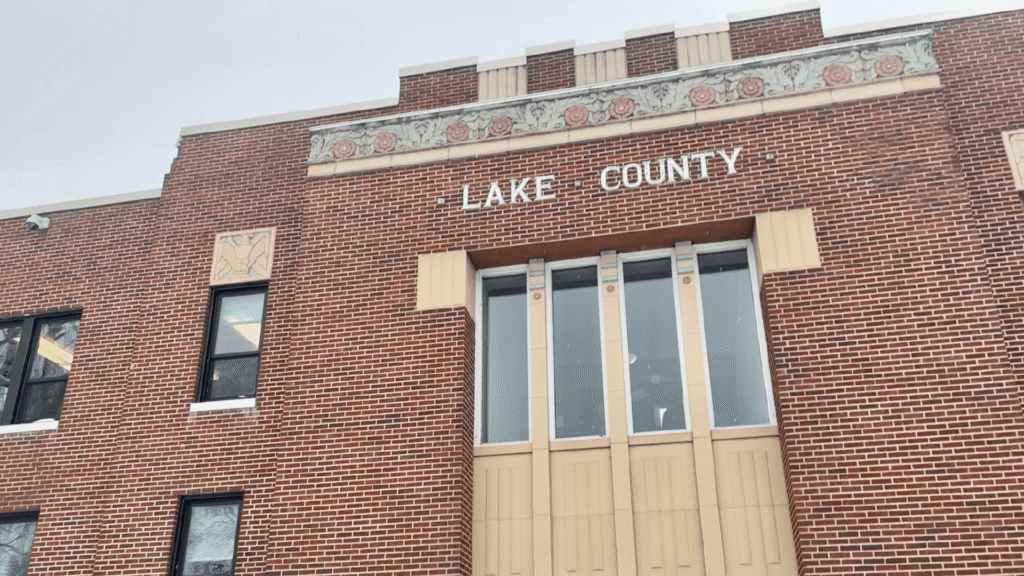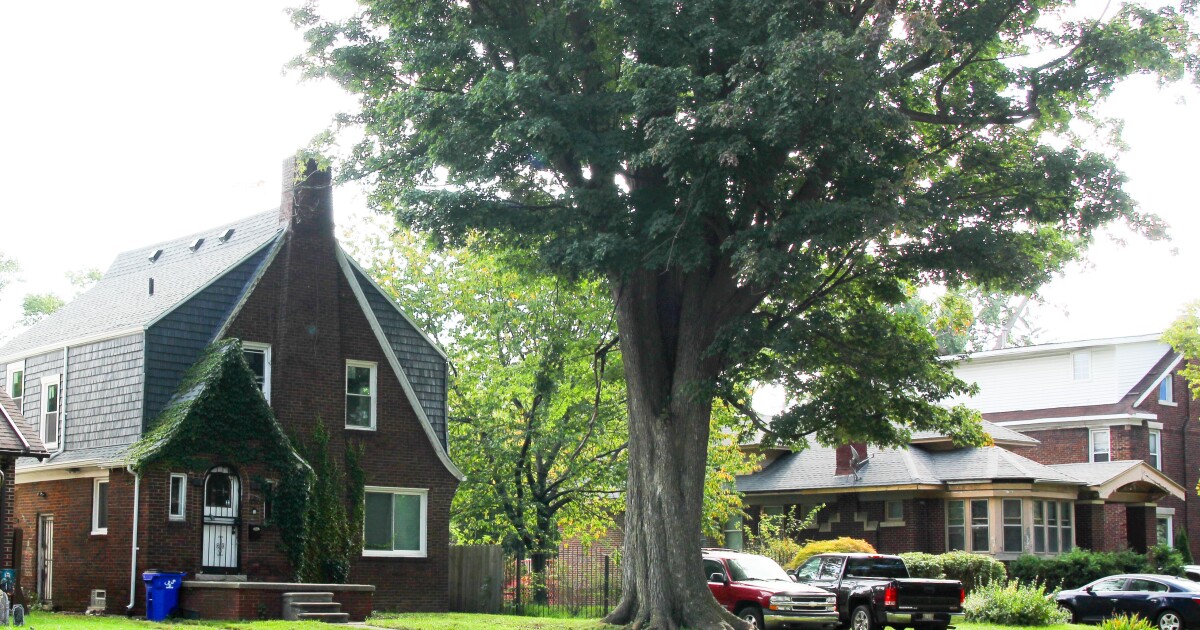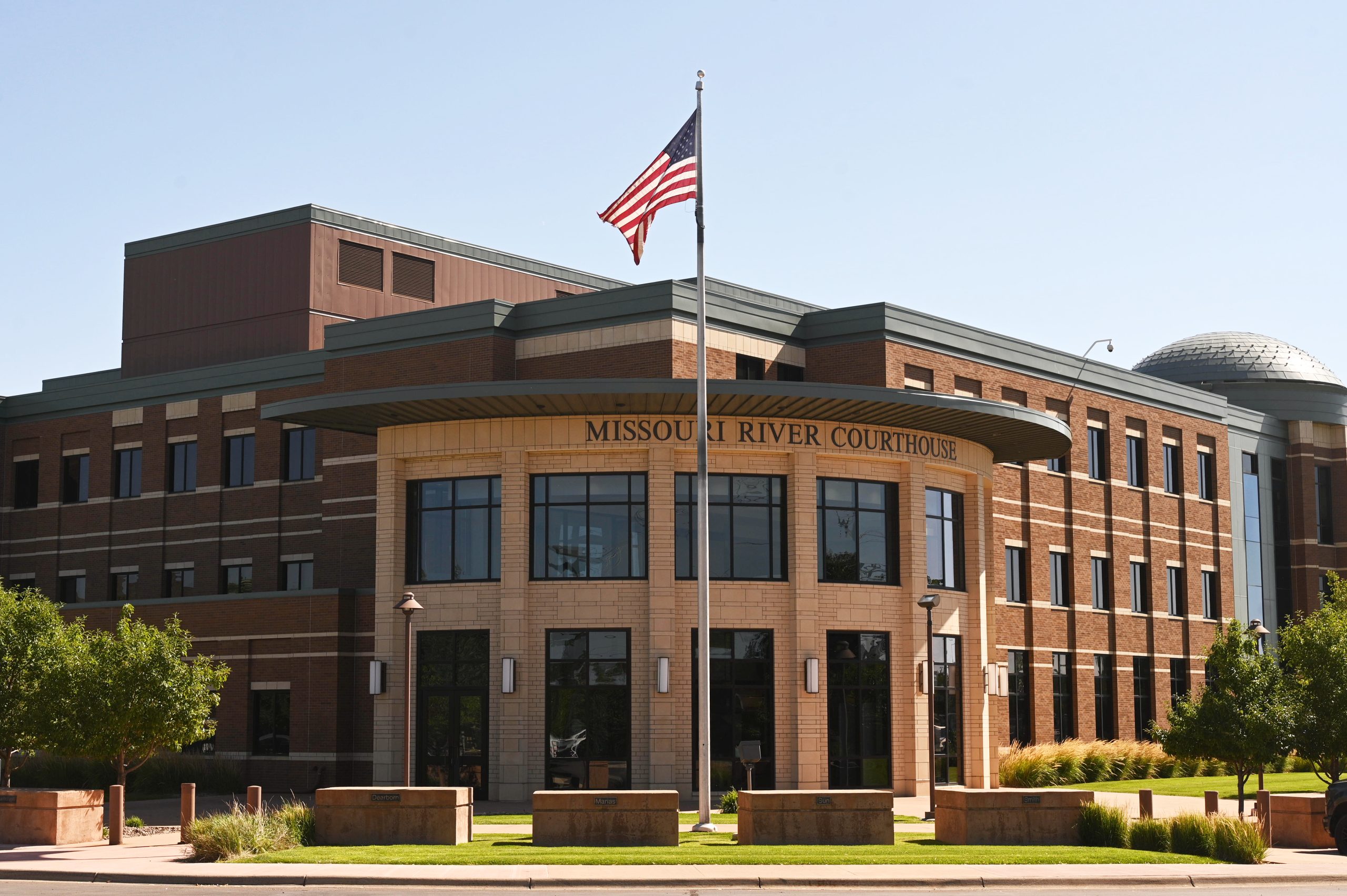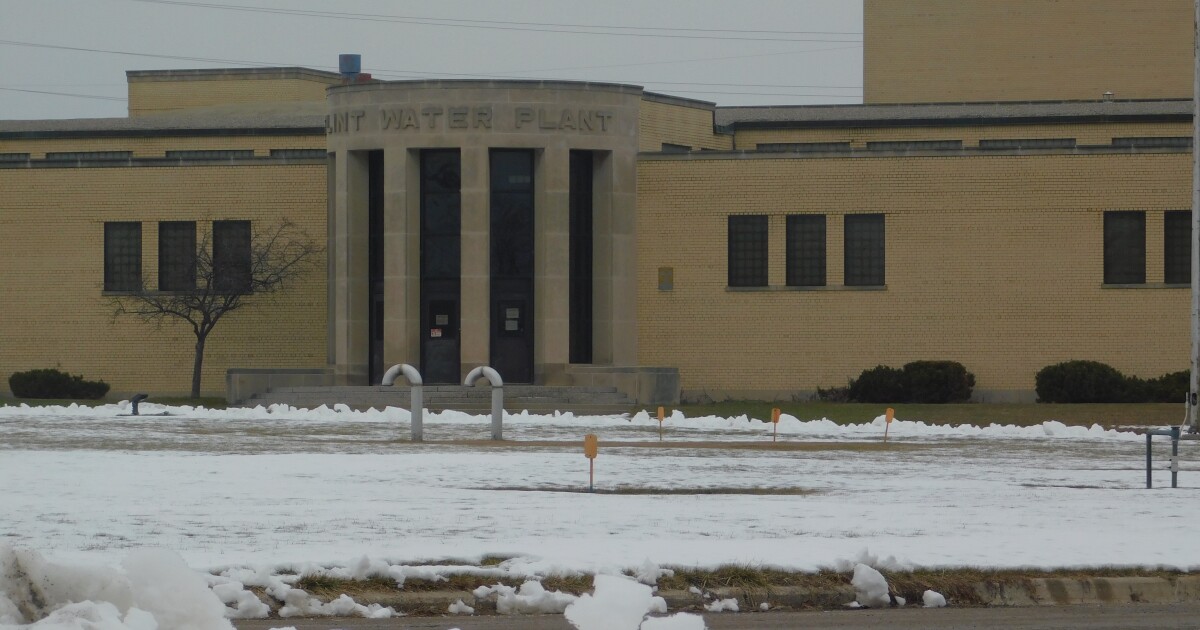On May 12, Gov. Greg Gianforte signed legislation aimed at resolving a long-standing law enforcement dispute involving Montana, Lake County, and the Confederated Salish and Kootenai Tribes (CSKT). The issue centers on Public Law 280, a federal law from the 1950s that shifted jurisdiction from federal to state control on some Indian reservations. Senate Bill 393 seeks to redefine this arrangement in northwest Montana with bipartisan support and was spearheaded by Sen. Greg Hertz, R-Polson.
The discord dates back to 1965 when the CSKT opted to adopt Public Law 280 on the Flathead Reservation due to limited federal and tribal policing resources. Since then, Lake County law enforcement has handled felony investigations on the reservation, while the CSKT dealt with misdemeanor cases. With overlapping jurisdictions, Lake County officials have long argued for state reimbursement for law enforcement costs on the reservation, citing taxpayer burdens. Gianforte had previously maintained that such funding responsibilities lie with the county, not the state.
Lake County’s contemplated withdrawal from the Public Law 280 agreement in 2023 intensified the situation. If enacted, this move would shift criminal jurisdiction duties on the Flathead Reservation to the state, posing significant implications for both Native and non-Native residents. While a 2021 law permitted withdrawal, disputes over financial responsibilities remained unresolved. In 2024, the Montana Supreme Court upheld that the Legislature, not the court, should address reimbursement issues.
The newly signed legislation, SB 393, allocates $6 million from the state’s General Fund for law enforcement services on the Flathead Reservation. It requires Lake County and the CSKT to establish an agreement with the state on future cost-sharing responsibilities for Public Law 280. For an initial $250,000 distribution, Lake County must rescind its withdrawal resolution by July 31 and refrain from further withdrawal attempts for at least two years. The remaining funds will be released once a cost-sharing agreement is reached, incentivizing collaboration.
NEW LAW OFFERS SOLUTION
Efforts to resolve the funding dispute saw two local lawmakers proposing solutions. Rep. Tracy Sharp, R-Polson, introduced a proposal for $5 million in funding, which did not pass. Conversely, Hertz’s similar proposal triumphed. SB 393 stipulates a total appropriation of $6 million, contingent on certain conditions being met by both Lake County and the CSKT.
LEGISLATIVE SUPPORT
SB 393 garnered public backing from Lt. Gov. Kristen Juras, a shift from the Gianforte administration’s previous resistance to Public Law 280 legislation. Numerous tribal leaders supported the bill, emphasizing its potential to foster a resolution. Rep. Shelly Fyant, D-Arlee, endorsed the legislation, urging its passage for the benefit of all parties involved.
Despite some dissent in the Legislature, proponents argued that resolving the conflict serves the public interest. The legislation progressed through both chambers with bipartisan endorsement, showcasing a unified commitment to settling the protracted dispute.
WHAT’S NEXT?
Lake County Commissioner Gale Decker expressed satisfaction with the legislative outcome, remarking on the arduous journey to reach this point. County leaders are in talks with the CSKT regarding the potential shift of prosecuting most tribal felonies to tribal courts. The cooperation between the entities aims to curtail taxpayer costs while enhancing tribal sovereignty and jurisdiction.
Rep. Shelly Fyant highlighted the CSKT’s efforts to bolster their police force and court system, emphasizing the importance of rehabilitation and restorative justice in the future of tribal jurisdiction.
This report is co-published by Montana Free Press and ICT, covering the Montana American Indian Caucus during the 2025 legislative session.
—
Read More Montana News










